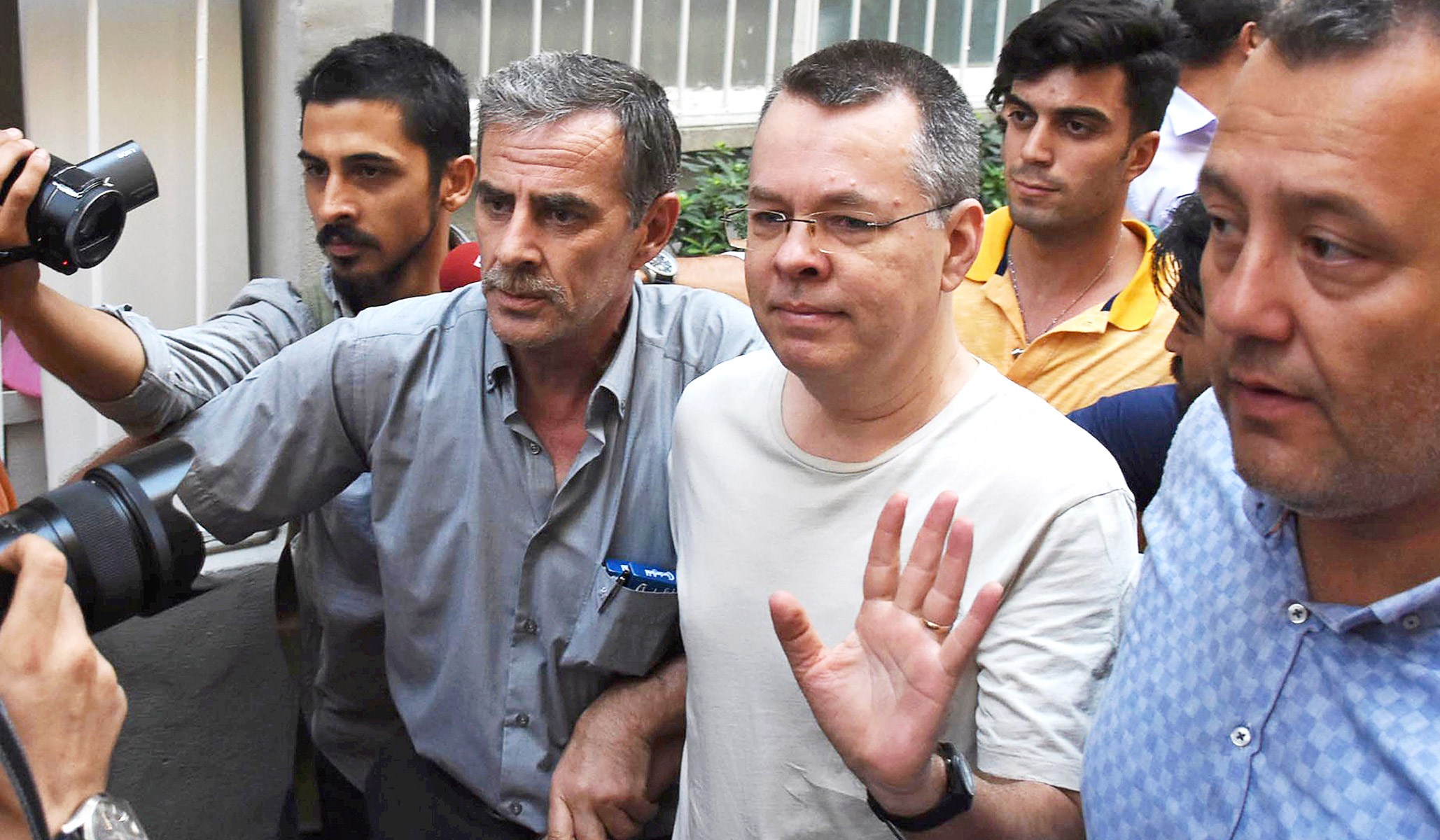Complicated Relationship
If Turkey and the EU would qualify their relationship status, they would most likely state that “it is complicated”.
Turkey’s path to Europeanization has been a long and difficult one, marked with ups and downs. The first attempt dates back from 1959 when Turkey applied to join the European Economic Community (EEC), the EU’s predecessor. However, negotiations became more and more complicated because of Turkey’s inability to introduce important liberalizing economic reforms.
The series of military coups that took place between 1960 and 1980 did not make the situation any easier. In 1987, Turkey formally applied for EU-membership and in 1995 a customs union agreement was established. The latter forms an important link between Turkey and the EU.
In 2005, accession negotiations took off. Since then Turkey has been trying to obtain full EU membership, which has proven to be difficult on many occasions. Especially the failed military coup of 2016 did not make the situation any easier. It led to a crackdown and a number of radical changes, which have not always been in favor of Turkey’s accession process. The question remains: will Turkey ever obtain full EU membership?
Rule of Law, Democracy and Human rights
Looking back 15 years ago the relationship between Turkey and the EU seemed bright.
Even though there were some concerns, both Turkey and the EU shared a common goal of close cooperation. In the 2000s it even seemed as if Turkey was very willing to implement important reforms in order to align with the EU standards.
Today, however, neither Turkey nor the EU are keen on Turkey’s potential full EU membership. In fact, it seems as if Turkey is doing worse than before in its efforts to join the EU and that both parties are growing estranged. If we look at the current situation Turkey’s accession to the EU is unlikely, especially since Member States of the European Council (EC) have recently stated that Turkey is moving away from the EU in areas such as the rule of law, human rights and democracy.
After the attempted coup in 2016 a two-year state of emergency followed, which has been extended 7 times. As a result of emergency decrees adopted by the Turkish government many arrests and dismissals of journalists, academics and civil society representatives took place. The dismissals of these professionals have had a very severe impact on Turkey’s democracy, since Turkish society loses many contributors to democracy. For example, journalism and academic inquiry have an added value in every society, because it leads to the dissemination of knowledge and core principles of a democracy. With these lost forces Turkey’s democracy has taken a big hit.
Not only democracy has taken a big hit in Turkey, but the rule of law as well. In April 2017, constitutional amendments were introduced through a referendum and with this Turkey changed its system of governance to a presidential one. However, the expansion of the executive powers under the revised Turkish Constitution does not uphold checks and balances and thus, there is a higher risk of abuse of the executive power.
Without the rule of law and democracy, human rights have deteriorated in Turkey, since those are the elements that include fundamental pillars that promote enjoyment of human rights. Aside from the restraints put on the right to freedom of expression and the rights to academic freedom, torture in detention centers has made its way back into Turkish society.
Important strategic partner
Despite all of this it has been stated numerous times that Turkey is a very important strategic partner in many areas of joint interest, such as economy, trade, energy and counter-terrorism. And let us not forget the migration deal between the EU and Turkey, which was agreed upon in March 2016 and seeks to control the crossing of refugees and migrants of which the vast majority are from Syria.
The migration deal has benefited both parties tremendously and has made the EU and Turkey even more interdependent. The European states’ borders have been externalized, while Turkey was offered 3 billion euros as well as additional political gestures (e.g. revival of the accession talks).
Are these areas of joint interest enough to save this complicated and troubled relationship? A part of the answer has been given on 13 March 2019, when the European Parliament (EP) voted on an important report that called upon the EC and member states to formally suspend accession negotiations with Turkey.
The outcome: in a non-binding resolution the EP voted by 370 votes in favor and by 109 votes against, with 143 abstentions. The Turkish government responded quickly by stating that the vote is “meaningless”. Even though Turkey did not seem very impressed by the vote, it did send a clear message. Turkey will have to change its ways and start making positive changes in three of the most important areas required according to the Copenhagen criteria: democracy, the rule of law and human rights.
Even if the EP would have voted to not formally suspend the negotiations, it is very unfortunate that the debate on whether or not the accession negotiations should be suspended has been going on for so long now. To keep on stating that the accession talks would resume while this has not happened, has had a toll on the EU-Turkey relations. Bitter exchanges became the new normal for both parties involved.
An important remark that must be made is that the resolution is not binding, but rather symbolic: the bloc does not want to end cooperation with Turkey, but it also wants to push Turkey towards respecting fundamental human rights and the rule of law.
A partnership means that both sides have to cooperate and as stated before, it seems as if Turkey is no longer trying to implement the required reforms in order to obtain EU membership. This has become even more obvious in the years following the attempted coup.
Alternative partnership
The political environment in Turkey has been changing for the worse and thus, it seems unthinkable that Turkey – for the reasons mentioned above – will ever obtain full membership. Even if Turkey suddenly changes into the perfect democracy, it will be difficult to recover from its reputation regarding democracy and human rights. Also, it is easier to fall back into old habits than to maintain positive changes.
Taking into account the delicate situation in Turkey, the suspension of the accession talks seems the best solution for now. However, the bloc must keep an open dialogue with Turkey and find new alternatives of cooperation in order to keep pushing Turkey towards the implementation of human rights, democracy and the rule of law.
If Turkey is willing to move towards positive change an alternative form of cooperation – which both sides desperately need – seems much more realistic than full EU membership. Because of the complex interdependence between Turkey and the EU it seems much more important to entertain the idea of a new partnership instead.



